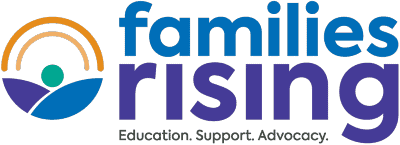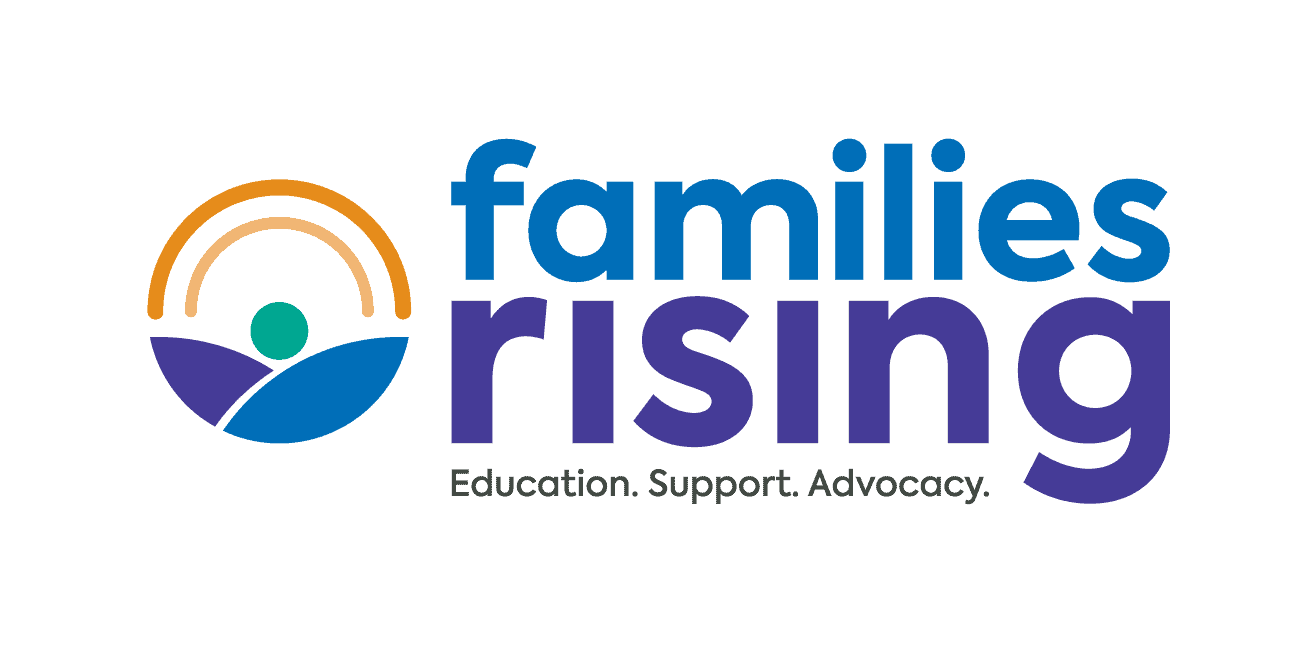State Contact
Hayley Munford,
Department for Children and Family Services (DCF)
555 S Kansas Ave, 4th Floor,
Topeka KS 66603
785-291-7996
Adoption resources on the web:
http://www.dcf.ks.gov/services/PPS/Pages/AdoptionServices.aspx
Kansas’ state-specific medical assistance:
https://portal.kmap-state-ks.us/PublicPage
Kansas’ adoption assistance:
http://www.dcf.ks.gov/services/PPS/Pages/Adoption-Assistance.aspx
Kansas Statutes §38-319 to 38-329:
http://kslegislature.org/li/b2013_14/statute/038_000_0000_chapter/038_003_0000_article/
Kansas Policy and Procedure Manual 6200-6290:
http://www.dcf.ks.gov/services/PPS/Documents/PPM_Forms/Policy_and_Procedure_Manual.pdf
Title 16 Juvenile Proceedings, Chapter 15 Adoption of Children:
https://legislature.idaho.gov/statutesrules/idstat/title16/t16ch15/
In Kansas a child with special needs is defined as a child that has at least one of the following needs or circumstances that may be a barrier to placement or adoption without financial assistance:
- Six of age or older (if age is the only special needs factor)
- Member of a sibling group of two or more children placed for adoption together, where one of the siblings has one of the special needs factors or conditions listed here
- Member of a sibling group of three or more children placed for adoption together (no other factors are necessary)
- Medically diagnosed physical disability that requires professional treatment, impairs normal functioning, requires assistance in self-care or the purchase of special equipment
- Significant developmental disabilities and/or delays with demonstrated need for intensive adult supervision beyond chronological age
- Diagnosed as having a behavioral or emotional disability (psychiatric condition) that impairs the child’s intellectual, behavioral or social functioning
- Factors in the child’s genetic, health, and/or social background exist that are indicators that the child may develop physical, emotional or developmental problems at a later date (“guarded prognosis”). [Note: When a child’s eligibility for adoption assistance is based on this factor, a monthly assistance payment may not be made until the potential disability manifests itself and is documented by an appropriate health care professional.]
The presence of one or more of these factors does not, in and of itself, render a child a special needs child. It is the linking of one or more of these factors with the conclusion that it is reasonable to believe such child cannot be placed without providing adoption support.
Basic rates range from $0 to $500. Children receiving SSI may receive from $0 to the SSI rate, which is $914 in 2023.
Exceptions based on extraordinary needs of the child and beyond the scope of the program may be considered on a case-by-case basis up to the foster care rate, and require approval of Central Office Prevention and Protection Services. More information on the process is in Kansas Policy and Procedure Manual 6262.
http://www.dcf.ks.gov/services/PPS/Documents/PPM_Forms/Policy_and_Procedure_Manual.pdf
Adoption assistance ends when the child turns 18, unless the child has a specific mental or physical disability that warrants continuation until age 21. For those youth without such a disability, payments may continue beyond age 18 with state money until the youth completes high school or turns 21, whichever happens first.
Aftercare services are provided by Child Welfare Case Management Providers for children who were adopted from state custody after adoption finalization for 6 months. After 6 months, families should contact for the Kansas Poster Adoption Resource Center (K-PARC) for resources and support, visit their website at https://www.adoptkskids.org/for-families/k-parc/
Free training for foster or adoptive parents can be found at http://www.childally.org/. Other supportive resources can found be through the Kansas Children’s Service League at https://www.kcsl.org/
Kansas has a Special Service Payment Program that provides families with one-time or time-limited payments when a specific need cannot be met by another resource, such as Medicaid, the monthly support payment, etc. The program has a six-month limit and a maximum payment of $1,000. Plans of longer duration or more than $1,000 require central office approval.
Kansas has a Permanent Custodianship Subsidy (PCS) was established to provide financial assistance to those who care for children who have been in DCF custody and for whom the permanency plans of reunification and adoption have been ruled out. To be eligible, a child has to be in DCF custody at the time that the permanent guardianship is established; age 14 or older or part of a sibling group that includes a child age 14 or older; not be receiving SSI; and have a guardian who is an adult eligible to receive Temporary Assistance to Families. PPS approves and processes the payments for PCS and Regional DCF offices handle the medical card case and annual reviews. The maximum amount that a child can receive is $300.00, which is dependent on their income. The income of the custodian is not counted.
For information, contact Prevention and Protection Services at 785-296-4653 or
visit http://www.dcf.ks.gov/services/PPS/Pages/PermanentCustodianship.aspx
Kansas offers a 75 percent tax credit for adoption expenses for a Kansas resident who adopts a child in the custody of DCF or a child with special needs, whether or not the parent is reimbursed for all or part of qualified adoption expenses or has received a public or private grant for the expenses. For new adoptions, there is also a $1,500 available in additional credit. For more information, visit https://www.ksrevenue.gov/prfaqs-taxcredits-adoption.html.
To download the form K-47, visit http://www.ksrevenue.org/pdf/k-47.pdf


